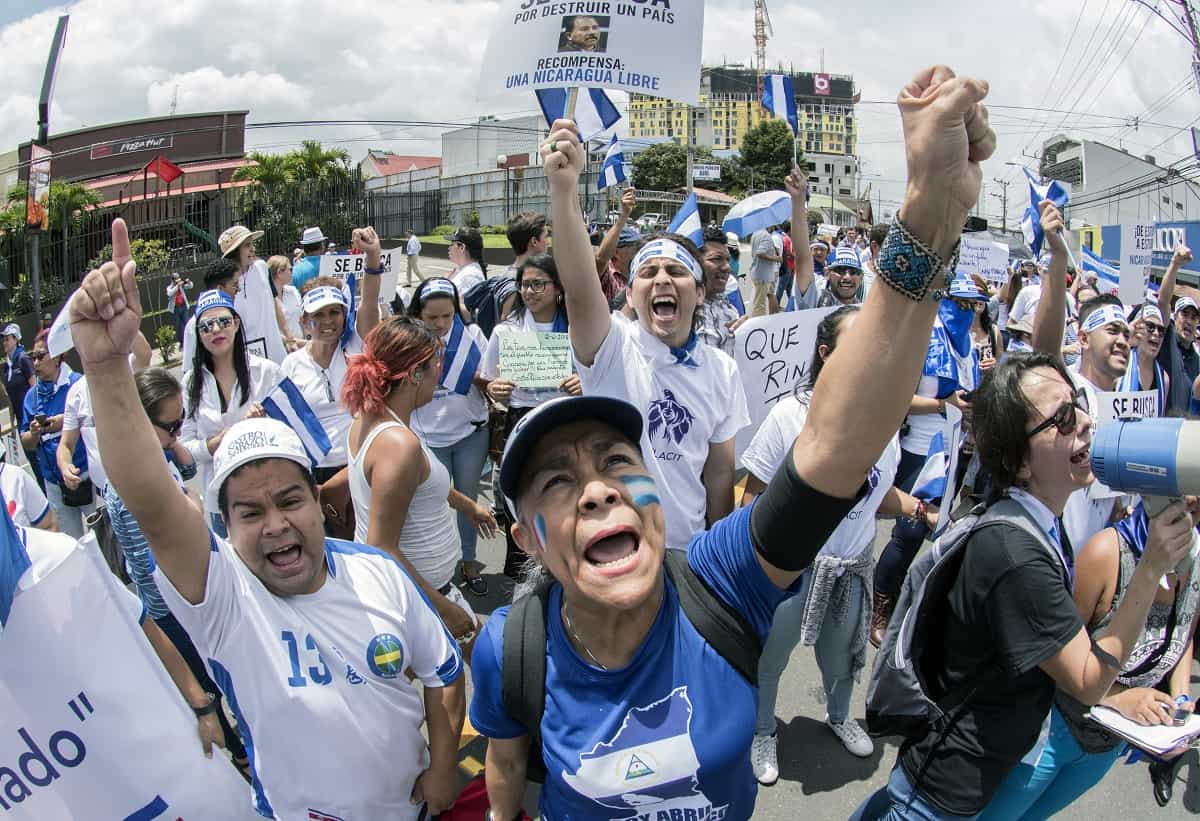The president of Costa Rica, Carlos Alvarado, will ask the international community for help in the face of an influx of migrants, the government said Sunday.
“As you know, we are a country that receives migration and refugees, mainly from Nicaragua and also from Venezuela, as well as from other countries,” said the president shortly before leaving for the World Forum on Refugees in Geneva, Switzerland.
The outbreak of the Nicaraguan political crisis due to the repression of the anti-government protests that began in April 2018 caused a wave of migration to Costa Rica from that country.
Costa Rica has received some 55,000 Nicaraguans of the 88,000 who left the country because of the crisis, according to the Inter-American Commission on Human Rights (IACHR).
“Our participation (in Geneva) will aim to position the shared responsibility of the countries in the face of the phenomenon of refuge and the phenomena of migration, and obtain resources of international cooperation to address it,” Alvarado said.
Central America is also a transit route for migrants from Cuba, Haiti, as well as African and Asian countries, seeking to reach the United States.
Costa Rica is one of the co-sponsors, along with Ethiopia, Turkey, Germany and Pakistan, of the migration forum that will begin Tuesday.
Alvarado plans to meet Monday with the United Nations High Commissioner for Refugees, Filippo Grandi, to discuss ways to address the flow of migration in Central America and Mexico.
“The country already generates an important counterpart of support for the migrant population, but we need support from other countries to realize that shared responsibility,” the Costa Rican president said.
Three former Costa Rican presidents, Miguel Ángel Rodríguez, Laura Chinchilla and Luis Guillermo Solís, supported the call for international cooperation funds to assist migrants and refugees.
The three disseminated their message in a video prepared by the SOS Human Rights Nicaragua organization that warns of the deterioration of the Nicaraguan political situation.
“We are, in our hemisphere, the country that has received the second-highest migrant population, after the United States. We estimate that by the end of this year we will have about 100,000 Nicaraguans and 30,000 Venezuelans living with us,” President Chinchilla said in the video.

